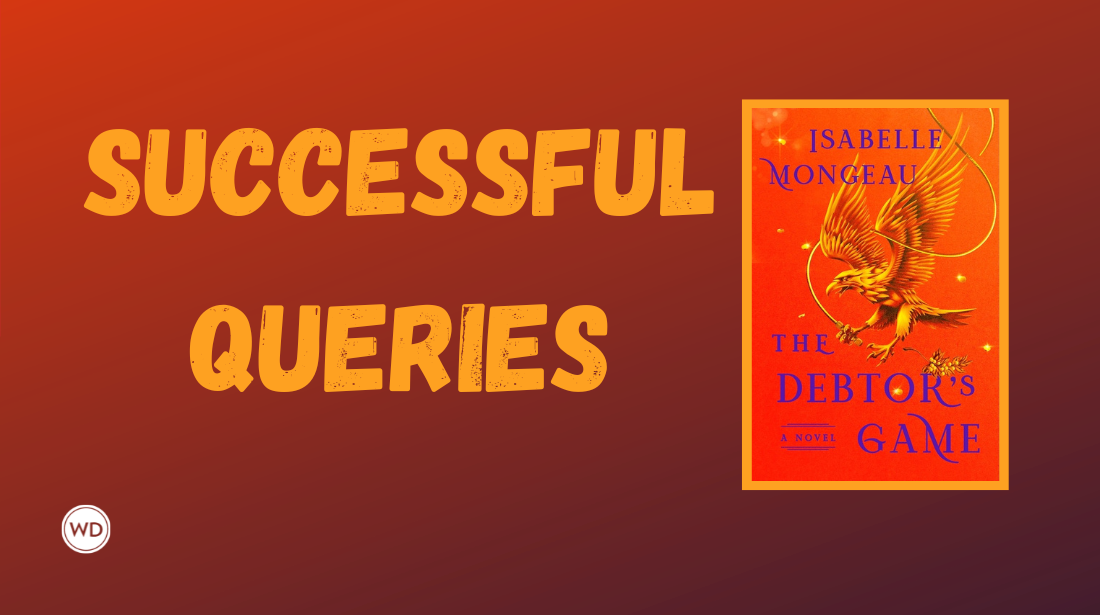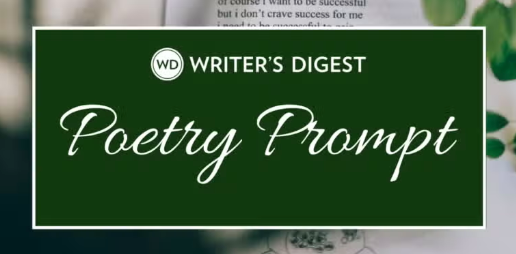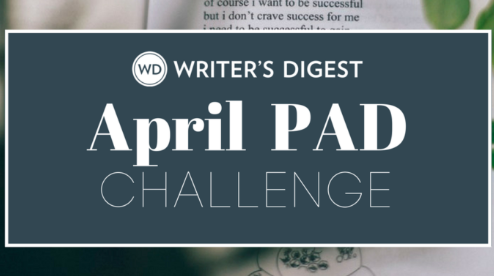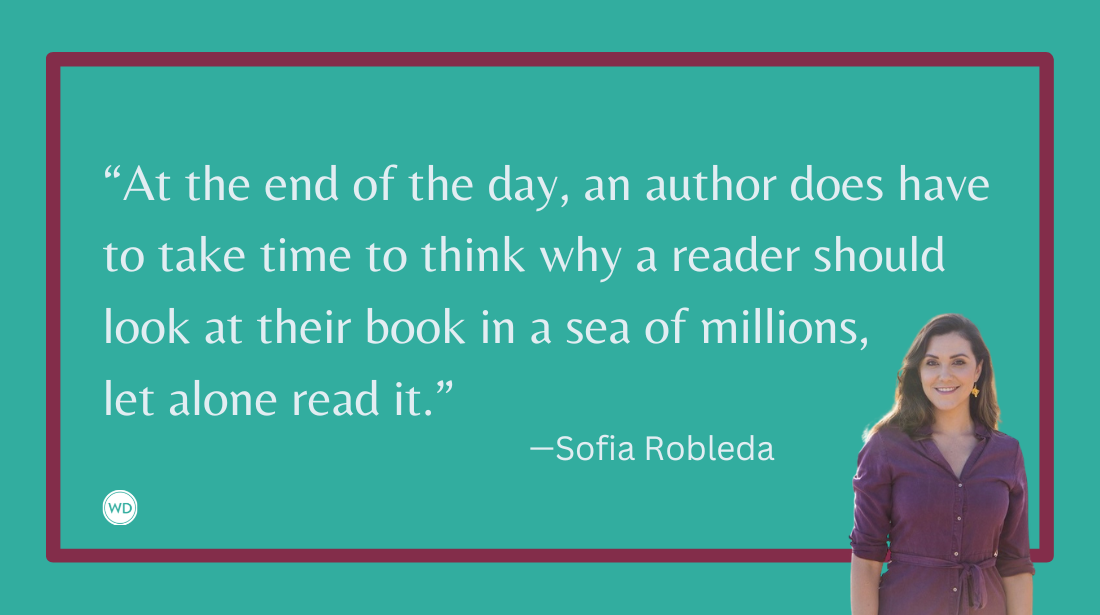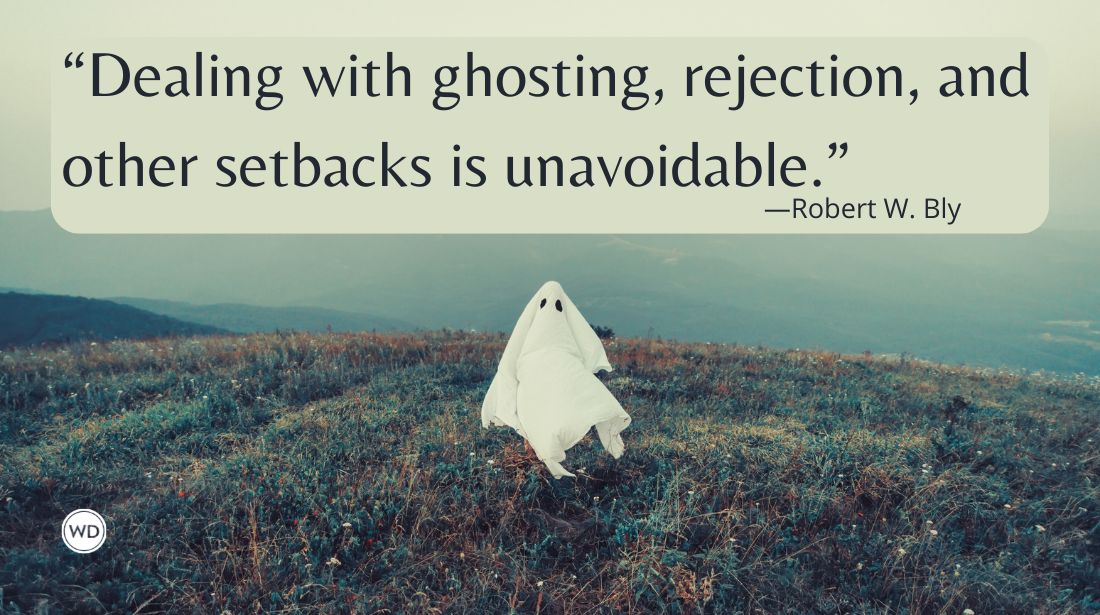8 Tips for Reading Your Poetry in Front of an Audience
Poet’s Market editor and published poet Robert Lee Brewer shares eight tips for reading your poetry in front of an audience.
As we close in on summer, I'm seeing more and more reports of poets getting out and reading their poetry in person. While this has been going on for a while now, it feels to me like it's picked up steam to near pre-COVID levels recently.
And so that's prompted me to finally put together a post I had planned to do in 2020 before everything suddenly changed. Here's a quick list of tips for reading your poetry in front of an audience based off my own experiences as an introverted poet and member of the audience.
8 Tips for Reading Your Poetry in Front of an Audience
- Practice beforehand. There's nothing worse than reading a poem out loud for the first time in front of an audience and realizing it sounds different in your head than in your mouth. Practicing ahead of time can help you identify the correct rhythm for reading your work out loud (and maybe help with revision too).
- Use a lectern if it's available. Especially if you're new to reading your poetry and/or introverted, a lectern can be helpful for reading your poem, because I've seen it happen (and have had it happen to myself) that your hands start shaking and so does the poem. Use a lectern and the poem stays still, even if you shake.
- Use a microphone. If there's a microphone available, use it. And take the extra 15 seconds to make sure it's your height. There are some poets and some venues where a microphone is not needed, but when it's available, it's usually a great tool for both the poet and audience.
- Slow. Down. It's very common for a new poet to get up to read their work and start firing through their poem as if the only thing that matters is getting to that finish line. Try slowing yourself down when you read. Take a pause. Take a breath. Let your poem(s) have a moment to shine (and be understood).
- Don't explain your poem. Poems should stand on their own, right? That said, feel free to include some brief context. For instance, "This poem was inspired by stories my Papi would tell me about the coal mines in Eastern Kentucky," or, "I saw this amazing art exhibit by (fill-in-the-blank artist); it inspired this poem."
- Stick to (under) your time. That said, less is often more when it comes to poetry readings. If each poet is given three minutes to read a poem, aim for two minutes and 30 seconds (or less). If each poet is given 10 minutes, go for eight or nine. There's power in leaving your audience wanting more.
- Thank everyone. Thank your hosts for hosting you (this includes thanking the venue itself, whether it's a college or coffeeshop); thank your audience for attending; and thank anyone else who needs to be thanked. Gratitude is a great thing, especially when it's shared.
- Listen to other poets. After you read your poem(s), stick around and listen to a few other poets at least. If you're able, listen to them all. And strike up a conversation or two. For the most part, poets are incredible people; but they're also rare--so take advantage of the opportunity to interact with your peers.
One bonus tip: Have fun and remember that everyone involved with a poetry reading loves poetry. And that's an amazing thing.
*****
Write a poem every single day of the year with Robert Lee Brewer's Poem-a-Day: 365 Poetry Writing Prompts for a Year of Poeming. After sharing more than a thousand prompts and prompting thousands of poems for more than a decade, Brewer picked 365 of his favorite poetry prompts here.




